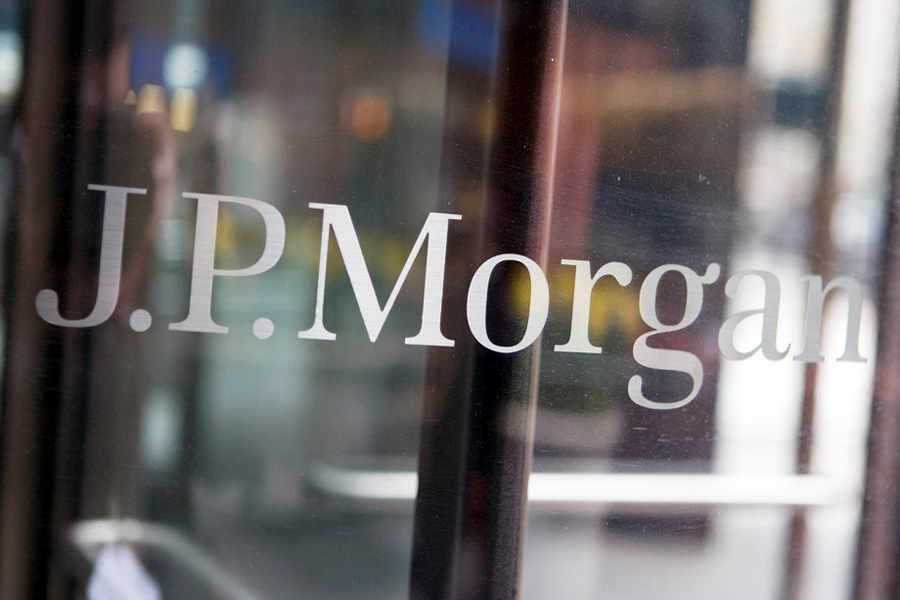

JPMorgan Chase & Co. is requiring its most senior sales and trading employees to return to their offices by Sept. 21, the strongest move yet by a U.S. bank to restaff its workplaces.
The new order applies to managing directors and executive directors who oversee subordinates, according to a person briefed on the plans, which were communicated to sales and trading staff during phone calls Wednesday. Those with childcare or health issues are exempt.
The biggest U.S. bank had been opening its offices to more staff over the past few months, but few had been required to return. Bloomberg reported Tuesday that JPMorgan executives were discussing compelling workers to return to New York City and other places where Covid-19 had subsided.
In an effort to show that newly reconfigured offices are safe, members of the bank’s senior operating committee, including Chief Executive Jamie Dimon, spent time working from the bank’s offices for most of the summer, said the person, who asked not to be identified discussing internal matters.
A JPMorgan spokesman declined to comment. The Wall Street Journal reported earlier on the changes.
The decision spurred a tweet from President Donald Trump, who has been pushing for businesses and schools across the U.S. to reopen. Trump applauded the bank’s move, though he inaccurately said it applied to all employees.
Six months into the pandemic, banks are making plans to increase their New York-area staffing. Citigroup Inc. started circulating a survey to its workforce in New York, New Jersey and Connecticut earlier this week to gauge interest in partially repopulating offices across the tri-state area. Goldman Sachs Group Inc. said Wednesday it would implement a rotational policy when bringing employees back to their regular workplace.

From outstanding individuals to innovative organizations, find out who made the final shortlist for top honors at the IN awards, now in its second year.

Cresset's Susie Cranston is expecting an economic recession, but says her $65 billion RIA sees "great opportunity" to keep investing in a down market.

“There’s a big pull to alternative investments right now because of volatility of the stock market,” Kevin Gannon, CEO of Robert A. Stanger & Co., said.

Sellers shift focus: It's not about succession anymore.

Platform being adopted by independent-minded advisors who see insurance as a core pillar of their business.
RIAs face rising regulatory pressure in 2025. Forward-looking firms are responding with embedded technology, not more paperwork.
As inheritances are set to reshape client portfolios and next-gen heirs demand digital-first experiences, firms are retooling their wealth tech stacks and succession models in real time.
